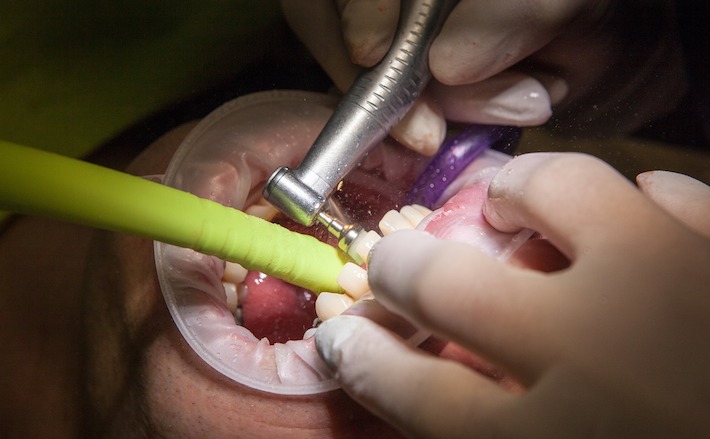What are Dental Sealants/ Pit & Fissure Sealants?
Dental sealants (also called pit and fissure sealants) are a dental treatment intended to prevent tooth decay/caries. Teeth have recesses on their biting surfaces; the back teeth have fissures (grooves) and some front teeth have cingulum pits. It is these pits and fissures which are most vulnerable to tooth decay/ caries, partly because food sticks in them and they are hard to clean areas.
Dental sealants are materials placed in these pits and fissures to fill them in, creating a smooth surface that is easy to clean. Dental sealants are mainly used in children who are at higher risk of tooth decay/ caries, and typically they are placed as soon as the adult molar teeth come through.
Why Dental Sealants?
Thorough Tooth Brushing and Flossing helps remove food particles and plaque from the smooth surfaces of teeth, but toothbrushes can’t reach all the way into the depressions and grooves to extract all food and plaque. While fluoride helps prevent tooth decay/ caries and helps protect all the surfaces of the teeth, dental sealants add extra protection for the grooved and pitted areas.
What to Expect During a Dental Sealant Procedure?
Placing Dental Sealants is usually painless and does not require drilling or numbing medications.
- Tooth preparation – first, dentist will polish the surface of the tooth to remove plaque and food debris from the pit and fissure surfaces. Next the dentist will isolate and dry the tooth. Then the hygienist will etch the surface of the tooth, rinse off the etching material and dry the tooth.
- Sealant application – the dentist will apply the dental sealant material to the surface of the tooth with a brush; a self-curing light will be used for about 30 seconds to bond the sealant to the tooth surface.
- Evaluation – the dentist will evaluate the dental sealant and check its occlusion.
What are the Indications of Dental Sealants?
Dental Sealants are indicated in patients or teeth that are at high risk of Dental Caries.
This includes patients with:
- Enamel defects, such as enamel hypoplasia
- Orthodontics appliances
- History of Dental Caries
- Deep pits & fissures
- Early signs of Dental Caries
- Poor plaque control
What Are The Contraindications of Dental Sealants?
Dental Sealants are contraindicated in patients or teeth that are at a low risk of Dental Caries:
This includes patients with:
- Teeth with shallow, self-cleansing pits & fissures
- Teeth that a partially erupted without adequate moisture control
- Teeth with previously restored pits & fissures.
- A balanced diet low in sugars or carbohydrates
- Good oral hygiene

How Effective Is Dental Sealant Treatment?
Dental Sealants are accepted as an effective preventive method for Dental Caries, and as long as the sealant remains adhered to the tooth, cavities can be prevented. The ability of a pit and fissure sealant to prevent dental caries is highly dependent on its ability to retain on the tooth surface.
Although sealants do wear naturally and may become damaged over time, they have the potential to remain effective for five years or longer. Fissure sealants are inspected during routine dental visits to ensure that they are retained in the fissures of the teeth.
Dental Sealants (Pit & Fissure Sealants) must be placed by Qualified Dentists or Dental Specialists. If you are in doubt, always consult your Dentists for further clarification. If you find this article useful, feel free to share it with your family and friends.
Article written by,

Dr. Wong Kee Cheong (Tommy)
Dental Surgeon
BDS (AIMST), MBA (SEGi), YCDP


